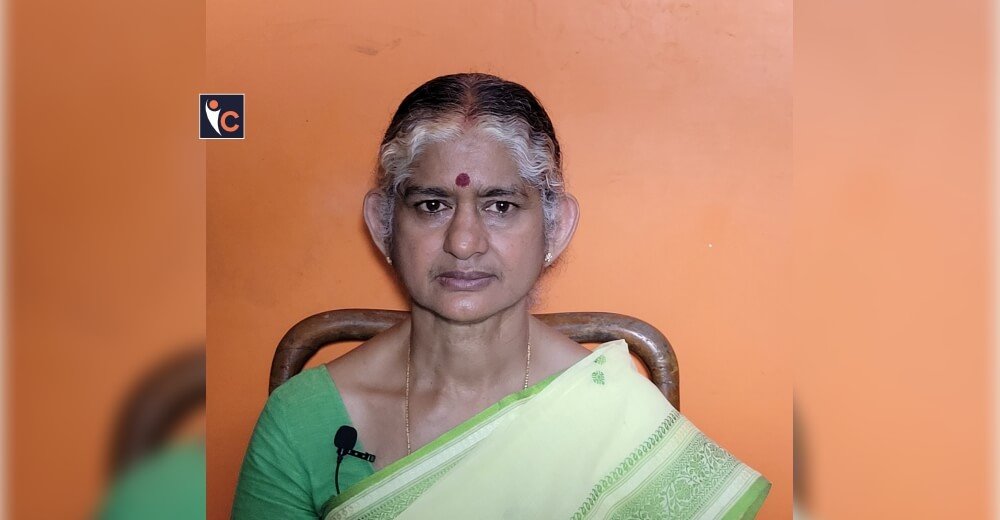“We build resilience, instill hope, and support recovery,” states Clarice Parham.
Motivated by her mother’s suffering, Clarice Parham, CEO of Family Service Agency, has spent her career working to overcome the mental health stigma. Reinforcing positive self-esteem and promoting a greater understanding of trauma, healing, and recovery. Clarice counsels, educates, and provides behavioral health services for underserved members of the Phoenix valley, as Family Service Agency, the oldest social service agency in the state, has done since its founding in 1902.
Under Clarice’s leadership, Family Service Agency follows a “whole-patient” approach for those with general mental health issues in need of counseling and those seeking treatment for substance use disorders. Clarice plans to expand the organization’s services to more underserved areas soon.
While seeking to find the 10 Most Influential Leaders Revamping the Rehabilitation Industry 2022, we at Insights Care got an opportunity to interview Clarice and learn more about her vision for behavioral health services.
Below are the interview highlights:
Clarice, please give us an overview of your journey as the CEO of Family Service Agency and talk about your inspiration for venturing into the rehabilitation niche.
I was drawn into behavioral health as I sought to care for my mother, who suffered from anxiety and depression. I responded to her suffering with empathy. This led me to complete degrees in psychology and treat patients with similar illnesses. For my mother’s generation, there was a great stigma around mental health. I’ve spent my entire career fighting the same stigma I encountered at home. The good news is that much progress has been made, and I have been fortunate to choose a career that has always been meaningful to me.
Kindly brief us about the core values upon which Family Service Agency is built and what is the mission of the organization?
We build resilience, instill hope, and support recovery. Our mission is to provide behavioral health services to underserved members of the Phoenix, Arizona, area.
Can you elaborate upon the services and solutions that Family Service Agency has provided under your leadership?
Under my leadership, the agency has focused on providing counseling, education, and medical care for the underserved population of the Phoenix valley.
What makes Family Service Agency stand out from the competition?
What makes us stand out is our intimate size. Because we are small, we pivot easily. This was a great asset during the pandemic. So, I would say being nimble has enabled us to survive.
Clarice, being an experienced leader, what were the initial challenges you encountered following the biggest challenges on the way ahead, and how do you opt to overcome these.
My initial challenge with Family Service Agency was to stabilize the agency after a period of weak leadership. I did that by investing in the employees and building upon what this agency did best: counsel those who need care but often do not receive it. To help this agency, I slowly built our reserves. Of course, I had no idea 6 years ago that my greatest challenge was yet to come: COVID-19.
The pandemic interjected a lot of fear and anxiety. Thankfully, the extraordinary clinicians at Family Service Agency worked long hours under stressful conditions throughout the pandemic. We took the view that we were on the front lines of a war. After the initial two months that Governor Ducey closed the state of Arizona back in 2021, we have been on the front lines fighting every single day.
We have helped many cope during a world crisis. I have the sense that we will be unpacking what we have experienced for a long time. That’s because we chose to act and needed to fight the good fight without attending to our fears or misgivings. In this sense, I have been moved by those who have served selflessly and tirelessly.
As an established industry leader, what would be your advice to the budding entrepreneurs and enthusiasts aspiring to venture into the rehabilitation space?
I would encourage them to work to understand how trauma informs mental health care. By framing mental illness from the perspective of trauma, it is possible to see how our lived reality is often informed by the past. From this perspective, any service, device, program, or method that addresses trauma has the potential to change lives.
How do you envision further strengthening Family Service Agency’s stronghold in 2022 and beyond?
We have plans to add a MAT program (Medication-Assisted Treatment) which provides a “whole-patient” approach to the treatment of substance use disorders, combining medications and behavioral therapies. In addition, we hope to expand to other underserved areas in the future.
Can you provide us with small instances of success stories and how positively the organization has impacted people’s lives?
I see Family Service Agency as my family. I am profoundly thankful for the ways this community has sustained me. I have also watched it change many people’s lives. One of our programs, Families First Arizona, is a family reunification program with big stakes. Parents must reform, or they won’t see their kids. This program is highly successful. When you see parents work hard to reunite the family, you see an impact that can be measured. It is beautiful and humbling.
We need to focus on the trauma that everyone has experienced over the past two years. We have seen a dramatic increase in services for both children and adults.
The suicide rate has skyrocketed—additionally, a significant increase in addiction, depression, and anxiety. We now need to help others adjust to our new world. As Miranda says in The Tempest, it’s a “Brave New World.”










